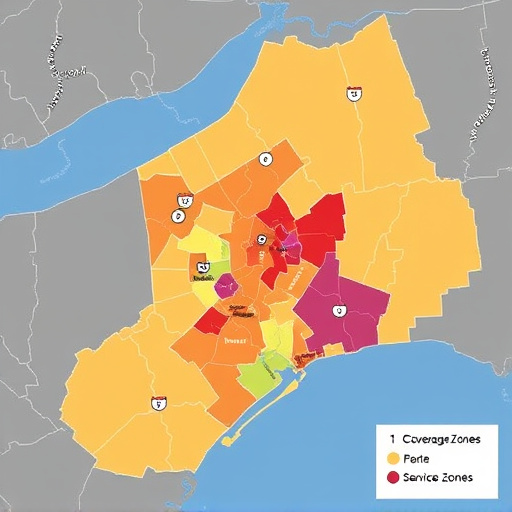Reusable air filter intakes provide long-term cost savings, environmental sustainability, and fuel efficiency improvements by reducing waste and minimizing engine performance issues. Washable filters, designed to capture pollutants and allergens, last for years with proper care, making them a smart investment for health-conscious and budget-minded individuals. Adopting eco-friendly practices at home, such as using reusable air filter intakes and washable kitchenware, significantly reduces waste and long-term costs, contributing to both financial stability and a greener planet.
Discover how making a simple switch can lead to significant long-term cost savings. This article explores the benefits of reusable air filter intakes, highlighting their environmental and economic advantages over disposable options. We delve into washable filters as a sustainable and cost-effective solution. Additionally, learn proven strategies to maximize savings while minimizing waste, ensuring you get the most from your reusable air filtration system.
- The Benefits of Reusable Air Filter Intakes
- Washable Filters: A Long-Term Cost-Effective Solution
- Strategies to Maximize Savings and Reduce Waste
The Benefits of Reusable Air Filter Intakes

Reusable air filter intakes offer a multitude of benefits that can significantly contribute to long-term cost savings. These washable filters are designed to last longer than disposable ones, reducing replacement frequency and associated expenses. By eliminating the need for frequent filter changes, reusable intakes minimize waste generation, fostering environmental sustainability.
Moreover, washable filters maintain efficient air flow, ensuring optimal engine performance. This prevents power loss and improves fuel efficiency, translating to substantial savings on gas costs over time. Regular cleaning and maintenance of these filters can prolong their lifespan even further, making them a cost-effective and eco-friendly choice for vehicle owners.
Washable Filters: A Long-Term Cost-Effective Solution

In today’s eco-conscious world, many consumers are seeking sustainable alternatives for their homes. One such solution gaining traction is the adoption of reusable air filter intakes. These washable filters offer a cost-effective and environmentally friendly option compared to traditional disposable filters. By eliminating the need for frequent replacement, homeowners can significantly reduce their long-term expenses related to indoor air quality.
Reusable air filters are designed to capture pollutants, allergens, and dust particles, ensuring cleaner air circulation. Their longevity allows them to be washed and reused multiple times, which translates to substantial savings over time. This approach not only cuts down on waste but also provides a more affordable option for maintaining optimal air quality in residences. With proper care and regular cleaning, these washable filters can last for years, making them a smart investment for any budget-conscious individual concerned about both their health and the environment.
Strategies to Maximize Savings and Reduce Waste

Maximizing savings and minimizing waste go hand in hand when it comes to long-term financial stability. One effective strategy is adopting eco-friendly practices at home, such as switching to reusable air filter intakes. These filters not only reduce environmental impact but also cut down on replacement costs associated with disposable filters. By choosing washable options, you eliminate the frequent need for new purchases, thereby saving money in the long run.
Additionally, incorporating washable items into your routine can significantly reduce household waste. Think beyond laundry; consider kitchenware and cleaning supplies that can be reused and refilled. This simple shift encourages a more sustainable lifestyle, allowing you to save money while contributing to a greener planet.
By adopting reusable air filter intakes and washable filters, you can significantly reduce long-term costs while minimizing waste. These eco-friendly solutions not only lower initial expenses but also offer sustained savings over time. By implementing strategies to maximize these benefits, you can further enhance your financial and environmental footprint, making it a win-win for both your wallet and the planet.














